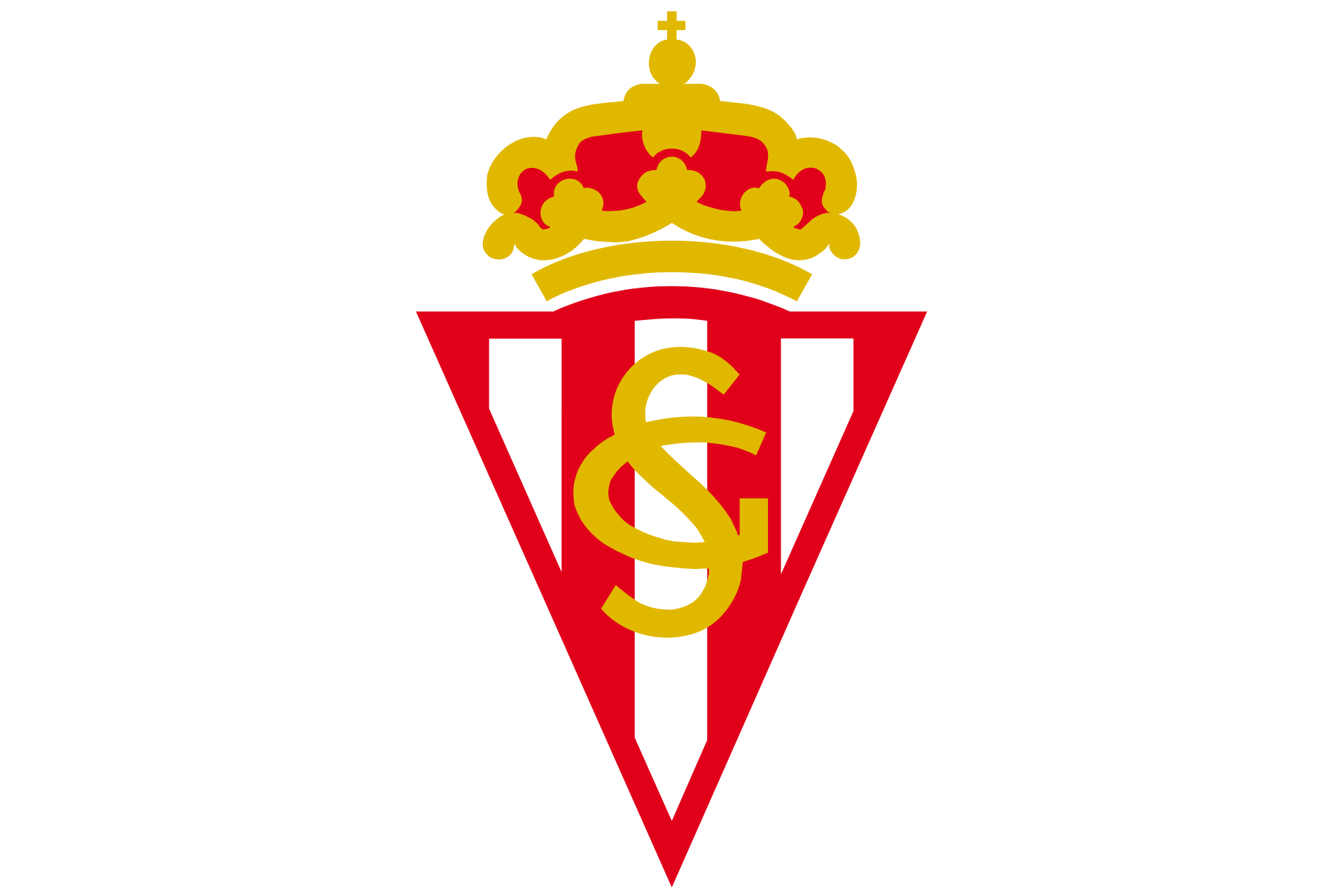44% OF PROFESSIONAL FOOTBALL PLAYERS RECEIVE DISCRIMINATORY MESSAGES
Professional football players in the Dutch Eredivisie and Keuken Kampioen Divisie regularly have to deal with online discrimination. Almost 92 percent see discriminatory messages on their social media directed at their colleagues in professional football. 44 percent say they receive discriminating messages via social media. This appears from a survey among over 100 professional football players (non-representative research) in the Netherlands. The research was conducted by Movisie on behalf of the partners of ‘Ons Voetbal Is Van Iedereen’ (central government, KNVB, Eredivisie and Keuken Kampioen Divisie and Pure Energy Eredivisie Women).
The discriminating messages mainly concern someone’s origin. The players receive them mainly via private messages (DMs) on Instagram, the social media platform they use most often. The respondents who receive discriminatory messages think that these usually come from anonymous or fake accounts, but also indicate that they receive them from their own ‘supporters’. From desk research, it appears that the number of discriminatory messages to football players increases, for example at an important match or when attention is drawn to discrimination.
85% of the respondents believe that more should be done against online discrimination. They find the social media platforms most responsible for the approach, followed by the KNVB, police/OM, government, football clubs, media, representatives of the league they play in, supporters, other social media users and the players union VVCS.
Movisie advises jointly developing a normative framework for what behaviour is or is not accepted on social media. This norm should then be repeatedly propagated. Furthermore, reporting online discrimination can be made easier and safer. Clubs, the KNVB and supporters’ associations should actively moderate their social media channels if this is not already done, at least during the mentioned ‘peak moments’. Furthermore, footballers themselves can use the available tools of social media companies, so that they receive fewer unwanted messages.
”This is the first study into online discrimination in Dutch football, of course, we know it exists, but many discriminating messages are private and only the receiver can see them. The extent of online discrimination that we are now getting an indication of is a slap in the face for football. We must protect our footballers from the downside of social media. […] We want to discuss the report’s recommendations with all stakeholders as soon as possible. In addition, we want to immediately put into action what we can already do ourselves, such as pointing the players to the tools to block messages from strangers. Furthermore, we think that Twitter should enable organisations to completely remove discriminating reactions to their posts. This is currently not possible. As long as this doesn’t change, we (KNVB, ed.) will at least give offenders a clear public reaction starting today, with which we want to make the standard very clear.”
Marianne van Leeuwen, director of professional football at the KNVB.
“The research shows that online discrimination aimed at football players is a big problem. We therefore advise to expand and adapt the existing plan Ons Voetbal Is Van Iedereen so that it is also adequate for tackling online discrimination via social media. We know that it is a good strategy to consistently and repeatedly share the social norm that discrimination is not accepted and is punishable, especially when role models such as influential (former) players, trainers or well-known football commentators propagate this norm. Online discrimination is not specifically a football problem, but a broad social problem. The KNVB, government, police and the Public Prosecution Service can jointly do more to track down and punish online discrimination and hatred against footballers, but also in general”.
Joline Verloove of Movisie, leader of the research
Football belongs to Everyone
In the study, Movisie explores the possibilities to expand the current plan to fight discrimination in football, ‘Ons Voetbal Is Van Iedereen’, with the aim to be sufficient to tackle discrimination via social media. Our Football Is From Everyone was launched on 8 February 2020 and consists of twenty measures aimed at tackling discrimination in physical situations. Almost all of these measures are already in place. The focus of Movisie’s report is on online discrimination in all its forms, from lhbtiq+ discrimination, anti-black racism and anti-Semitism to discrimination on the grounds of religion.

Aris Limassol FC Social, Environmental, and Health Initiatives

Aalborg Boldspilklub af 1885- Connecting North Jutland






